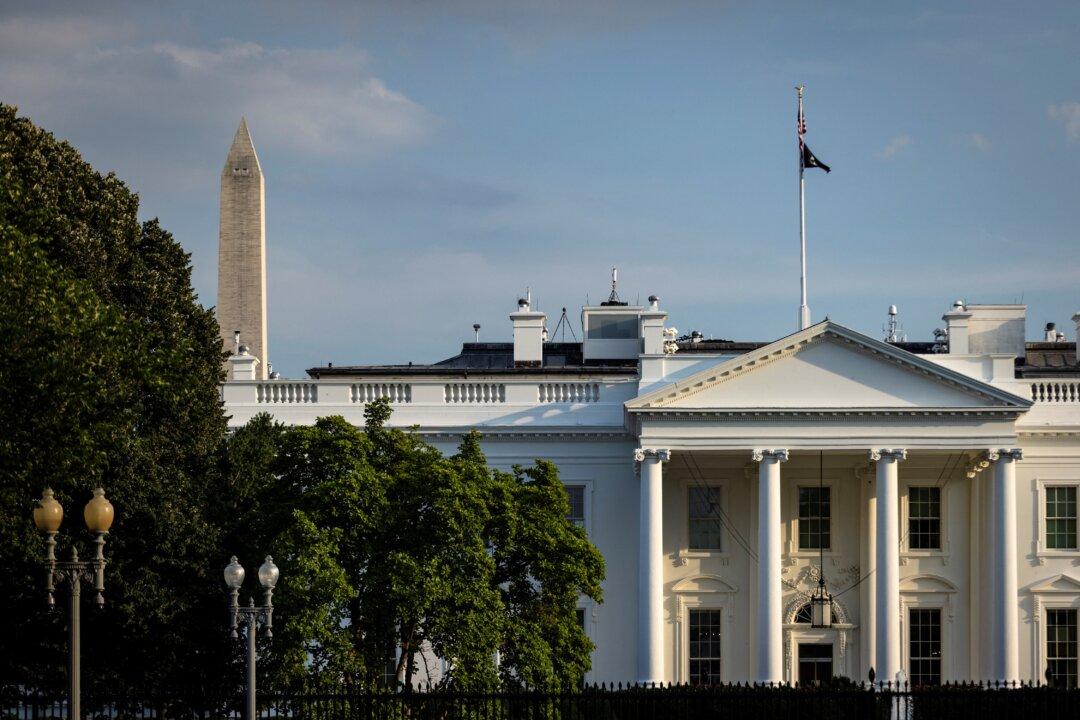Commentary
I’ve spent a lifetime trying to better discern Jesus’ great parable on the organic tension between God and mammon. I am always smitten with Jesus’ admonition that shrewdness matters profoundly in the navigation of life.

I’ve spent a lifetime trying to better discern Jesus’ great parable on the organic tension between God and mammon. I am always smitten with Jesus’ admonition that shrewdness matters profoundly in the navigation of life.